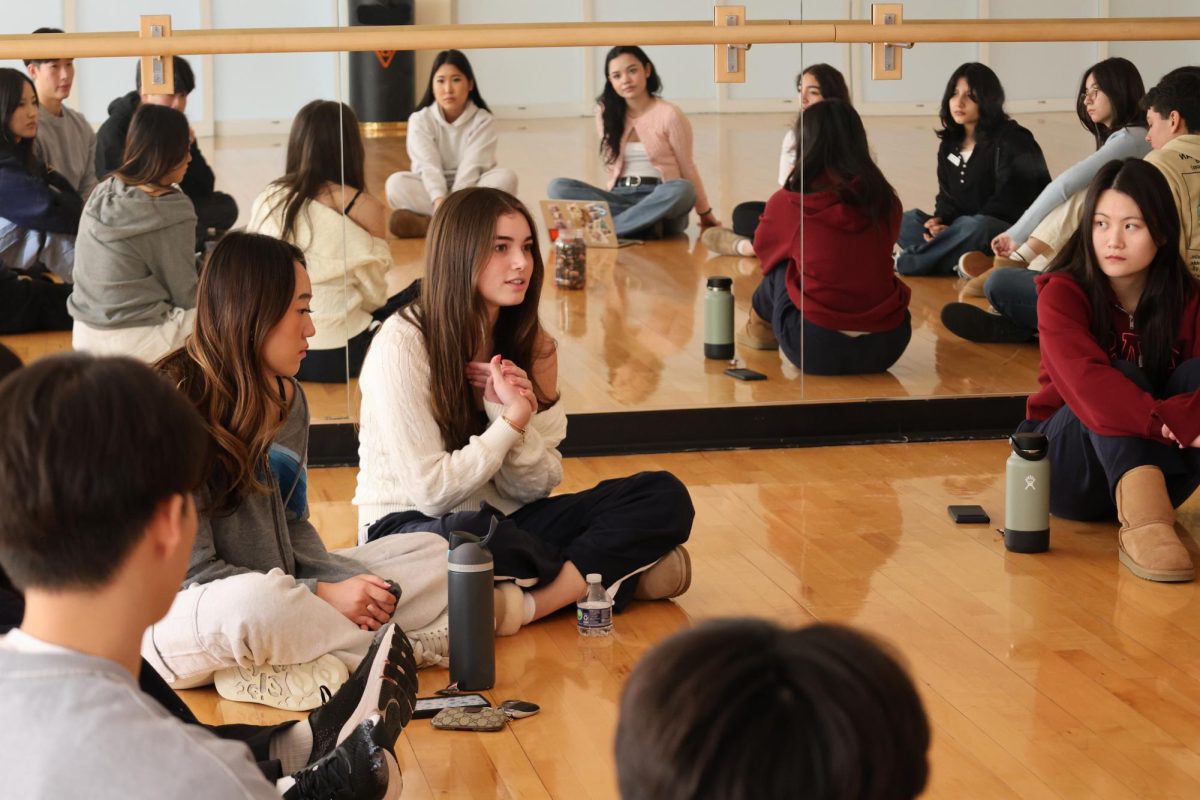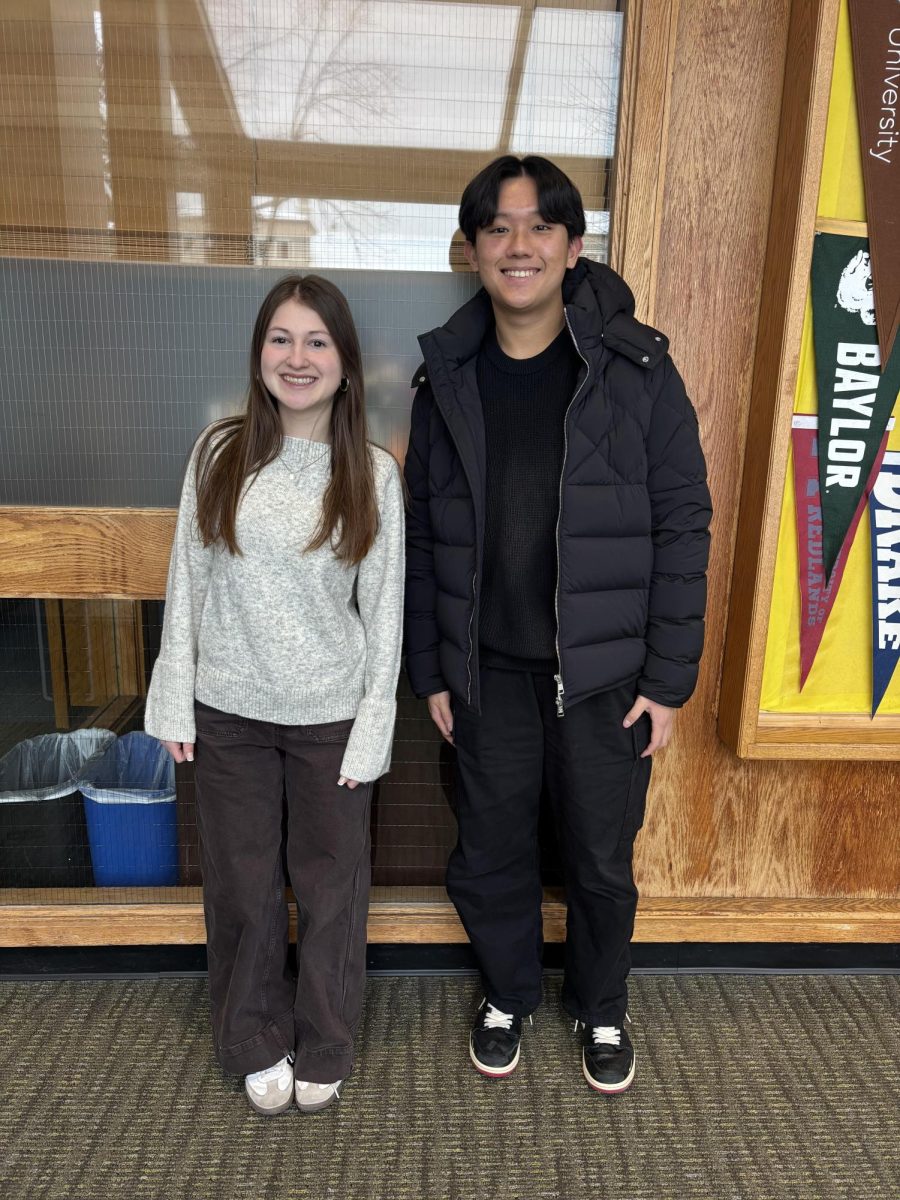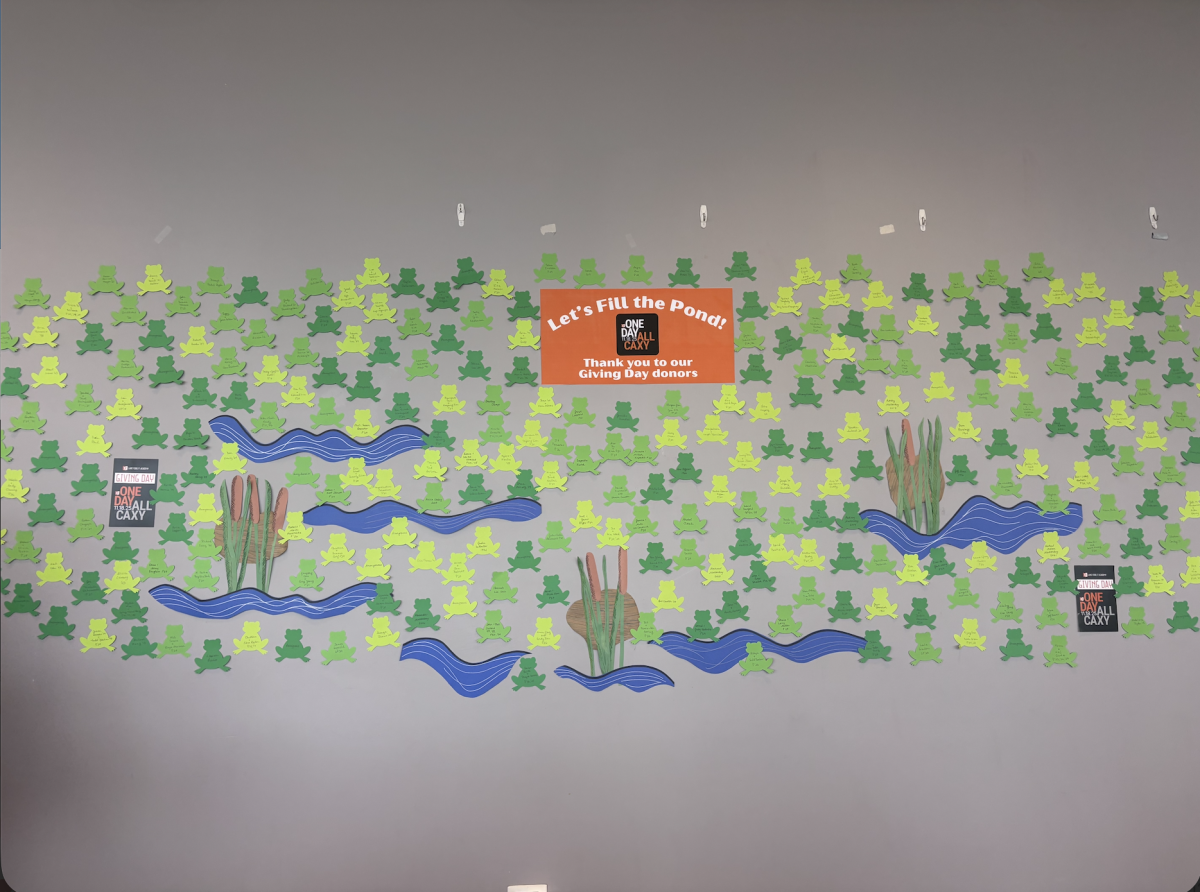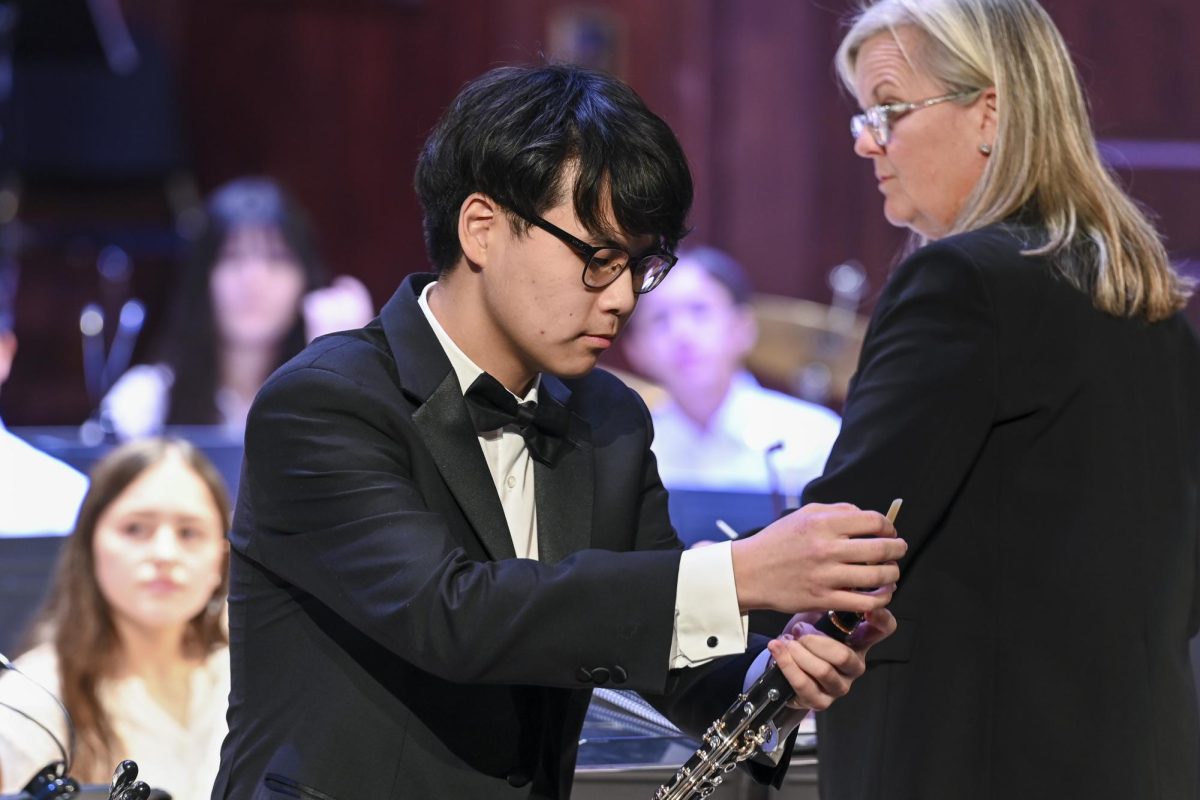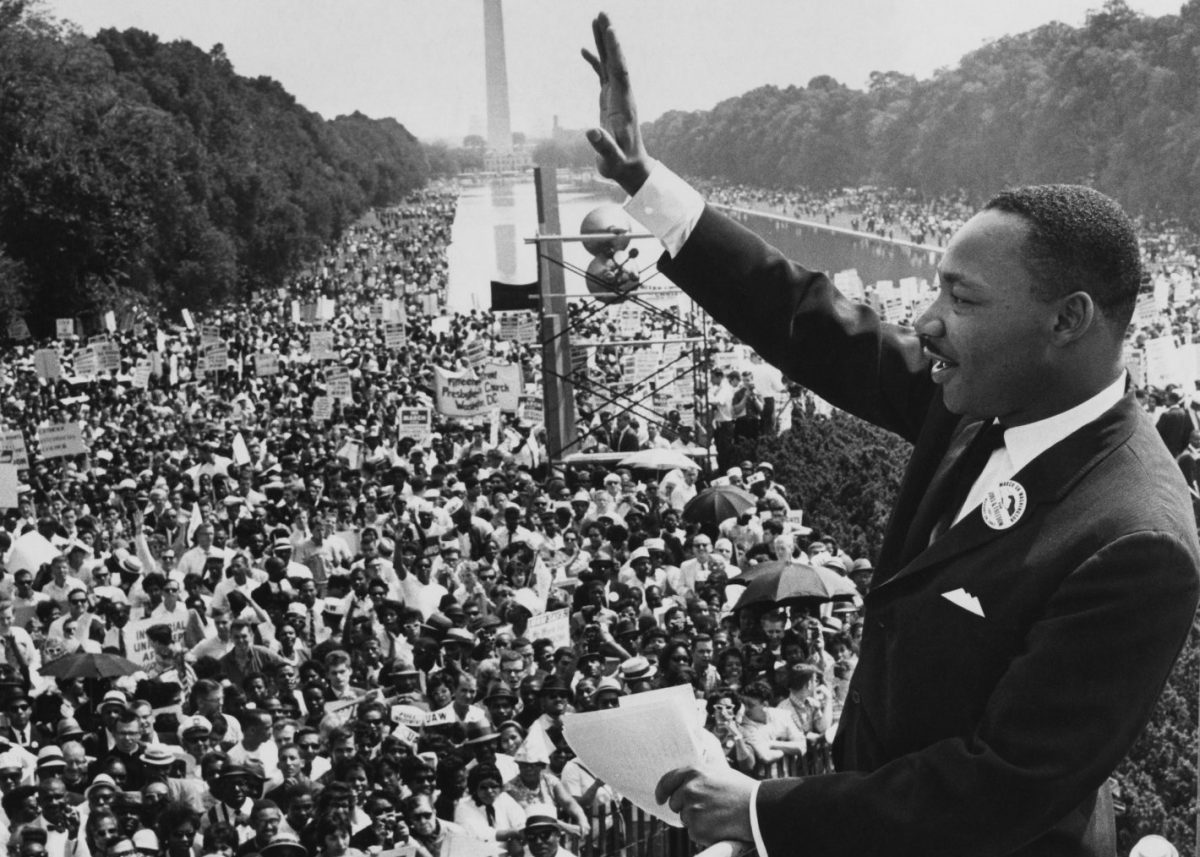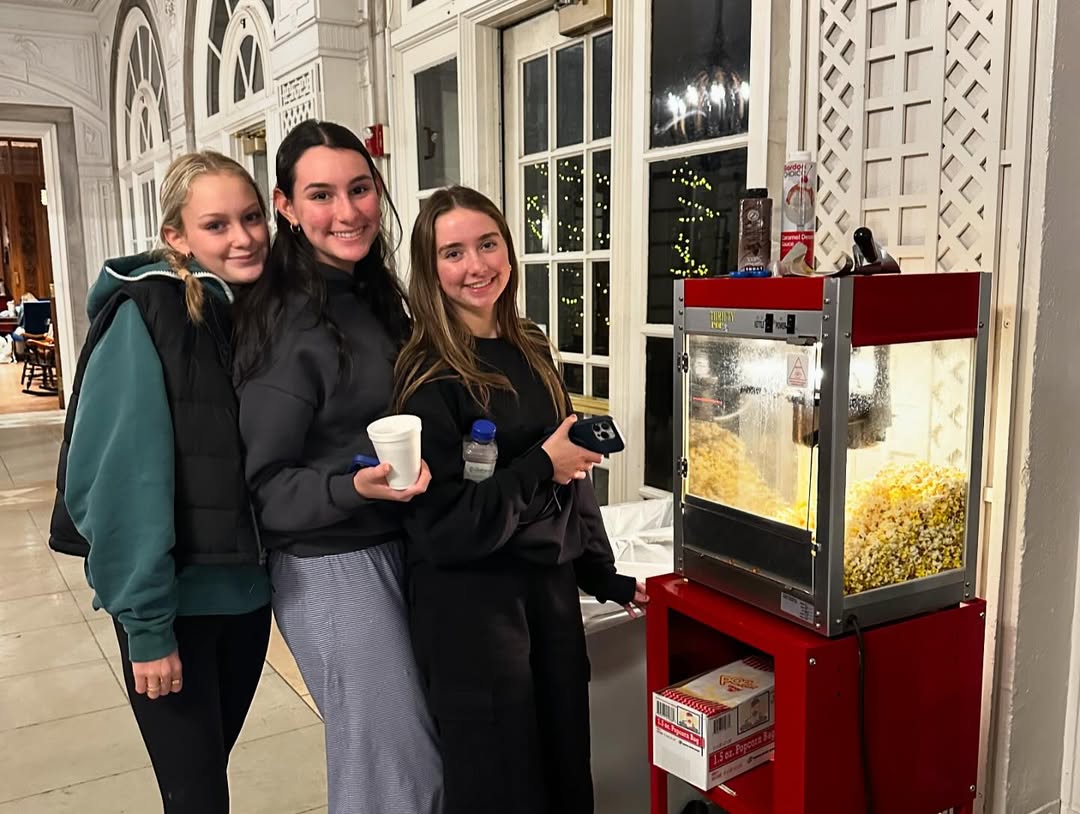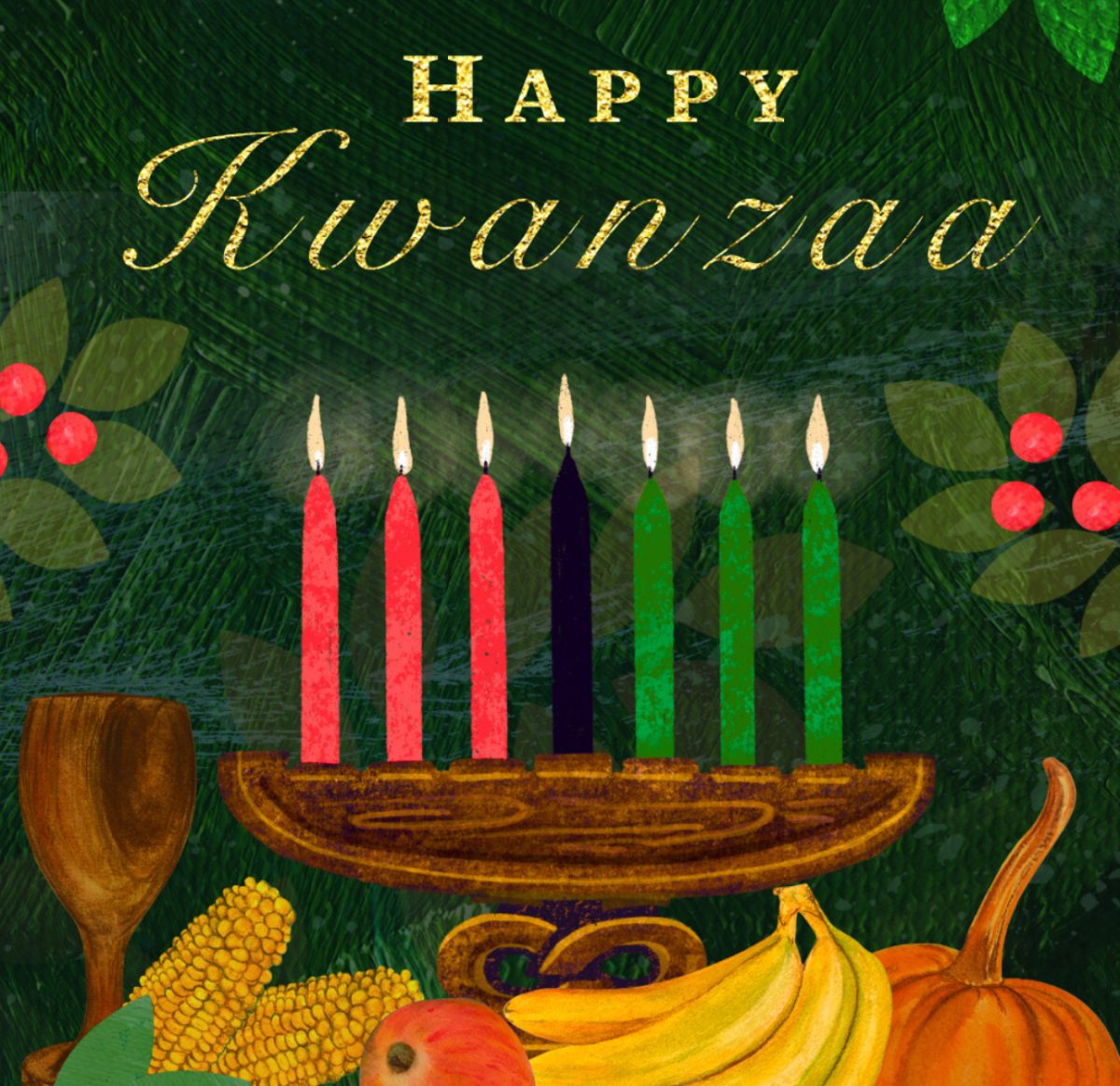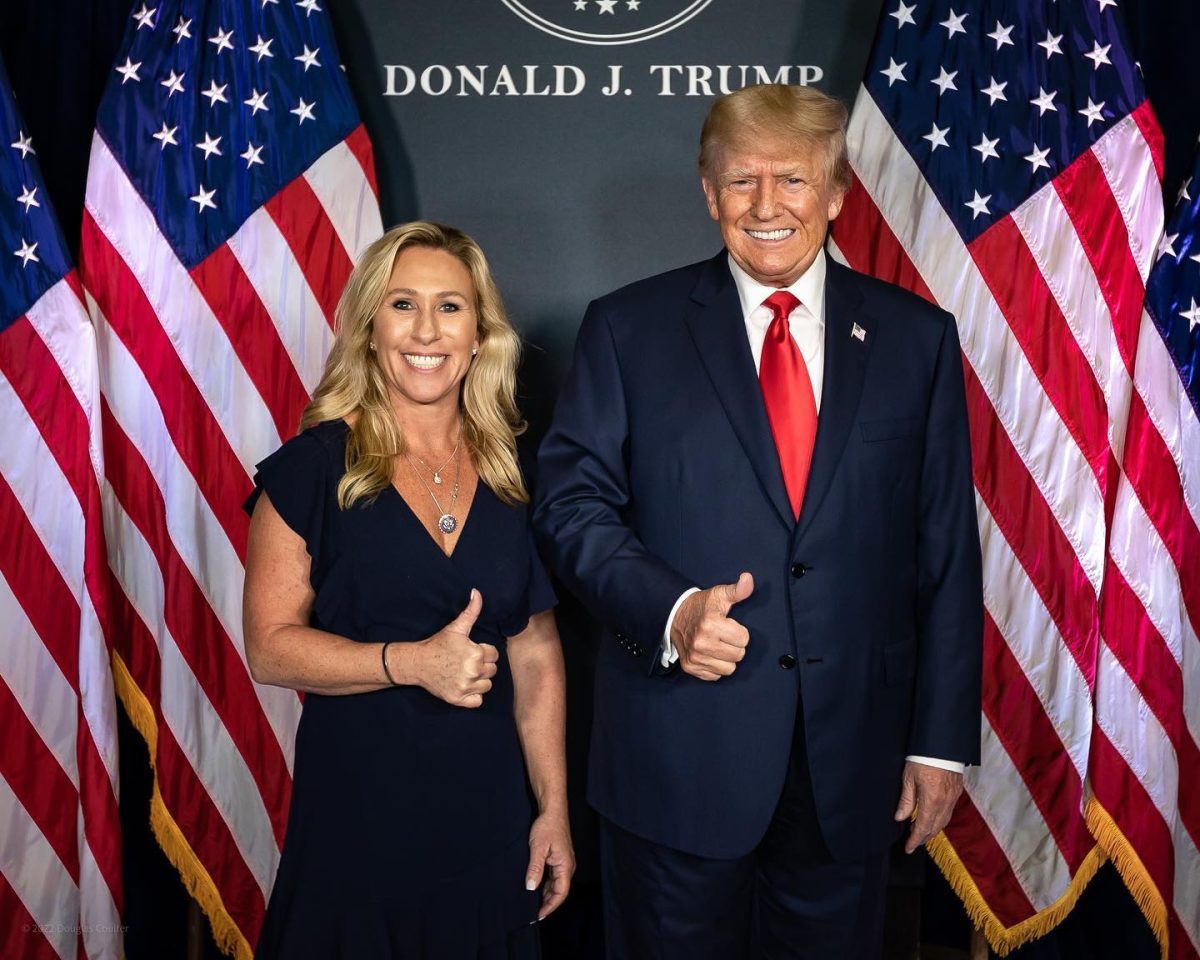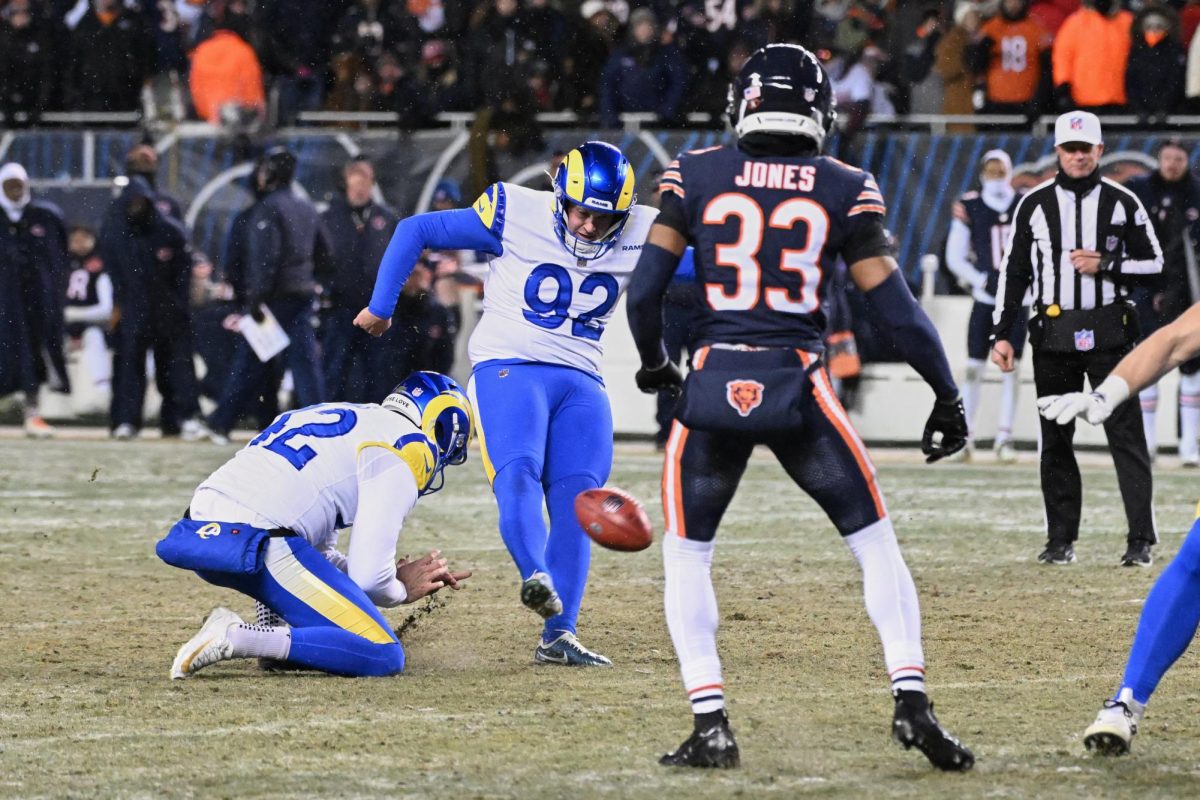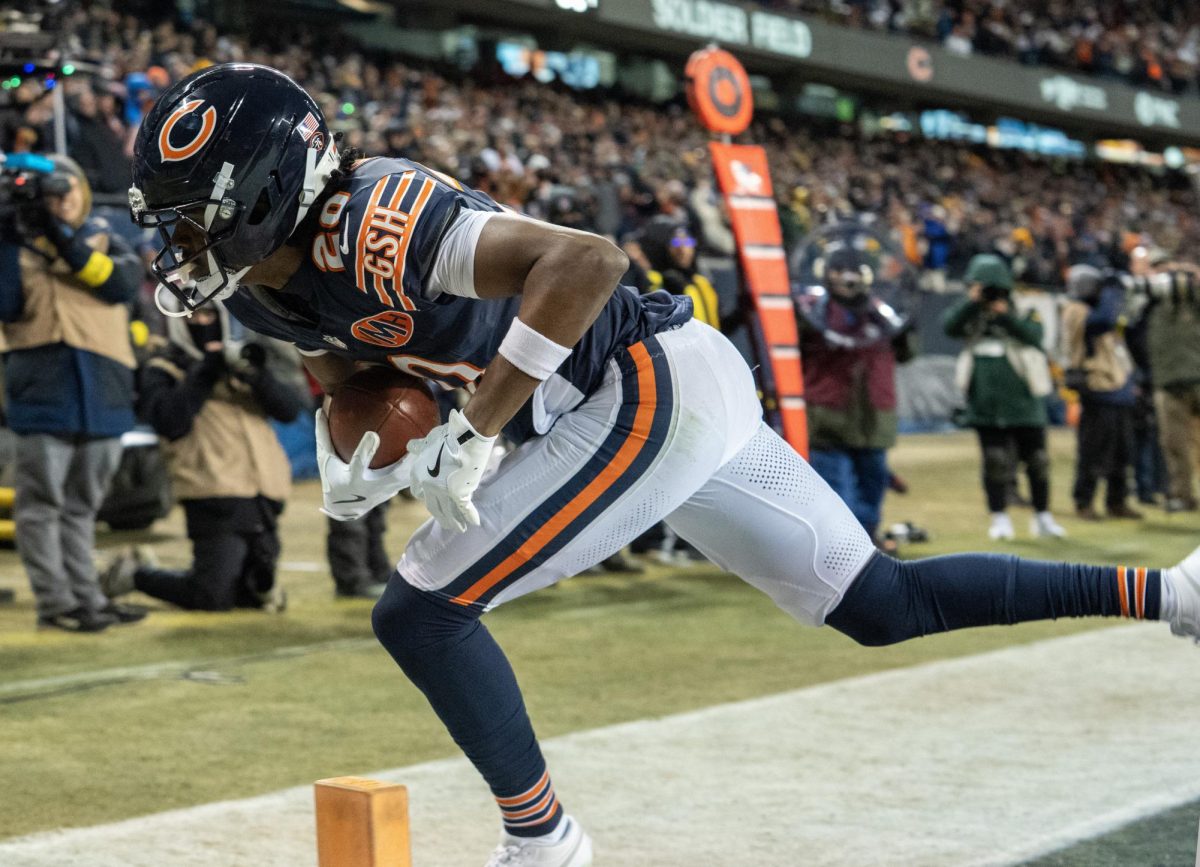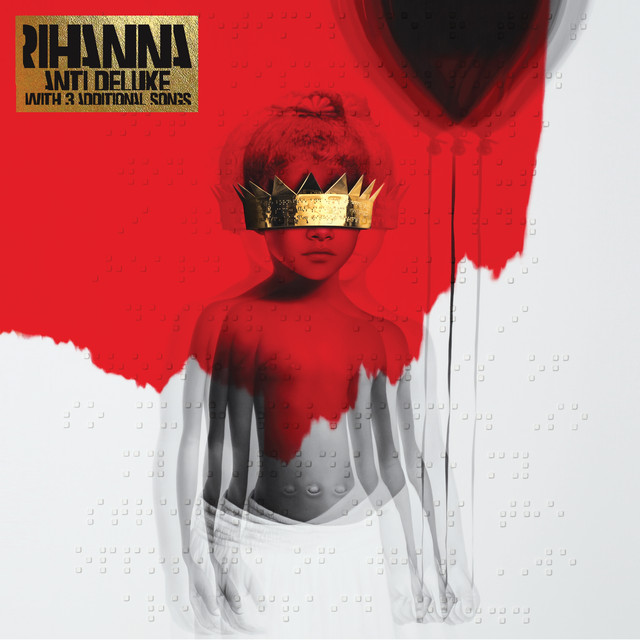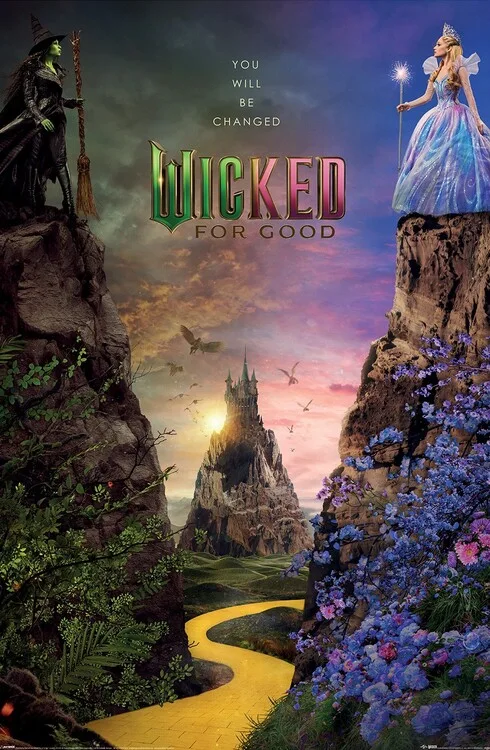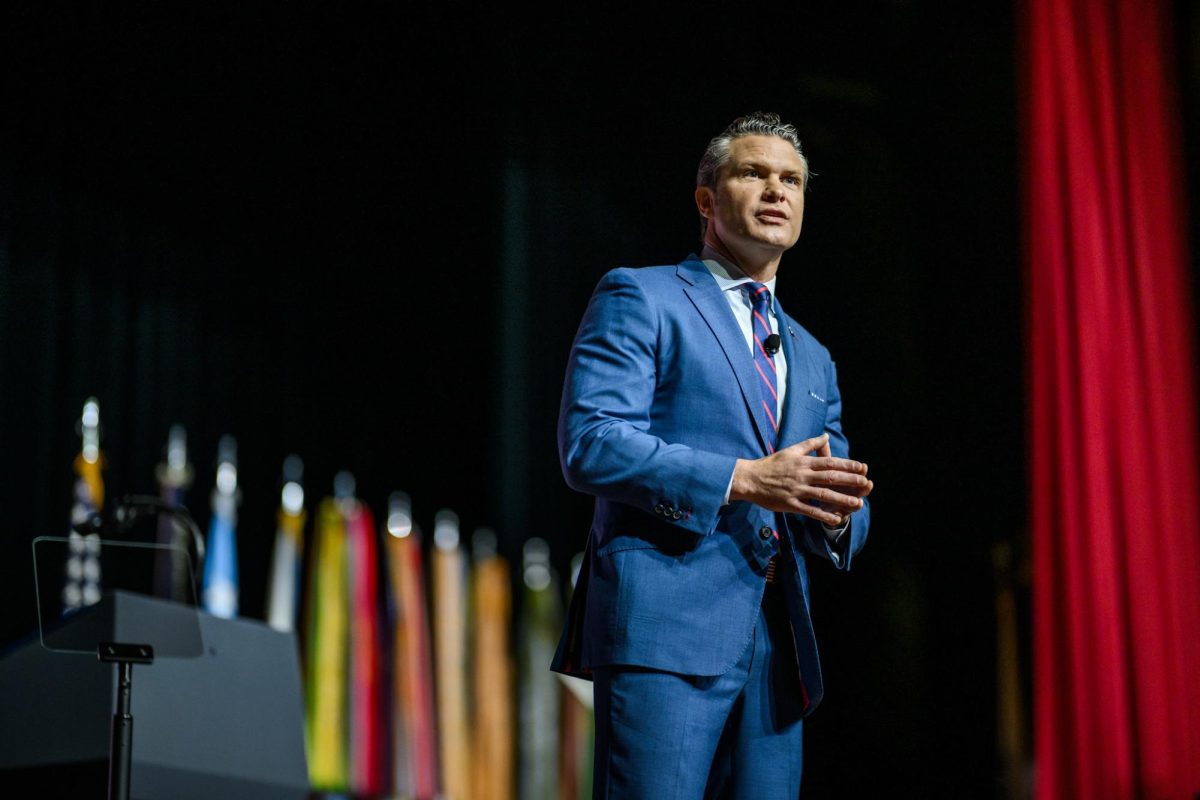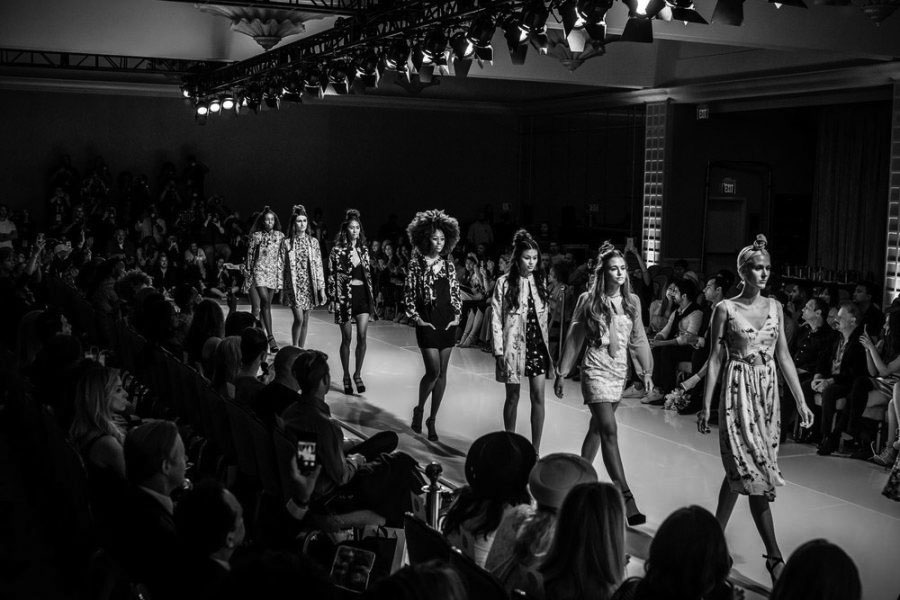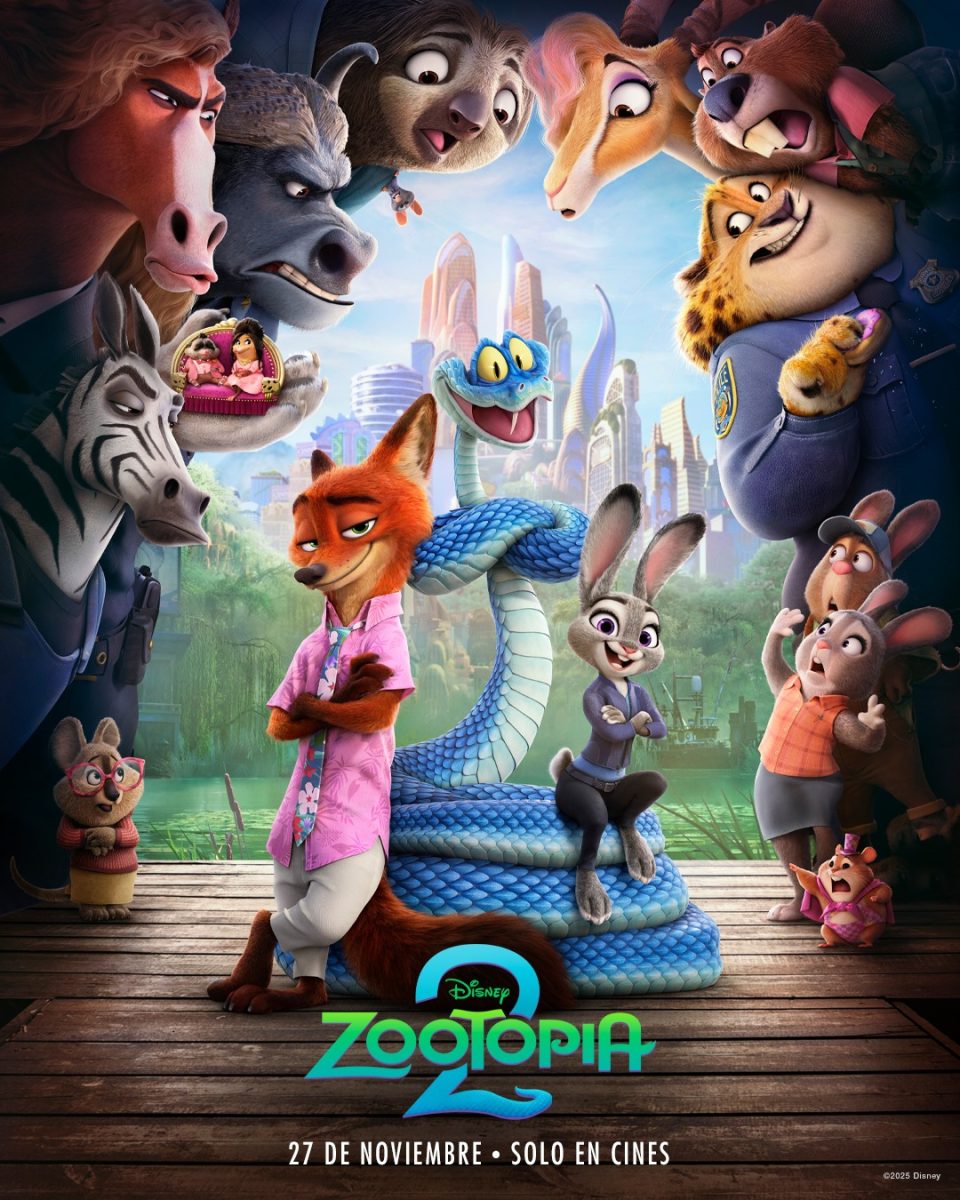As one of the most prominent showcases in the fashion industry, throughout the year, Fashion Week has taken place worldwide to kick off the style of the year in London, Paris, Milan, New York, Berlin, Madrid, Copenhagen, and Lagos. This annual event is renowned for setting global fashion standards, showcasing the latest designs and brands, and introducing the future of fashion.
With the theme of innovation, diversity, and sustainability, the event itself, as well as the designers, all embraced this through various approaches. Designers selected sustainable materials, and embedded eco-conscious practices into their collections while blending the traditional with the untraditional. From recyclable fabric to zero-waste techniques, the industry has demonstrated a collective effort toward a greener, cleaner, and more sustainable future in fashion. The event also celebrated diversity and inclusivity by showing models from different ethnicities, body shapes, and backgrounds by showcasing them in the designs. This commitment to diversity has challenged the traditional beauty standard, bringing novel ideas to the fashion world. The show also introduced innovative technologies, such as virtual fitting rooms and other digital fashion experiences which redefined the stereotypical style of fashion, showcasing a probable future development direction of the fashion industry.
Despite the debut featuring well-known fashion brands, many designer brands of the younger generation also popped up, and attracted phenomenal attention in the fashion industry. These vibrant new-emerging brands all seem to have something in common: the pride they take in their own culture and the empowerment of fashion as a gateway to present their stories through clothing.
Runways have been a focal point where designers, models, and stage designers work together to showcase their depths not only in clothing but also in cultural representation. We see more fashion designers of diverse backgrounds, unique upbringing, and distinctive perspectives willing to integrate their experience into their brand concept. During Australian fashion week, a project on Indigenous clothing’s mix with modern fashion by Torres Strait and Teagan Cowlishaw was launched. As Cowlishaw said to Bazaar Magazine, “Grace is not known for an up and down runway. You’re coming for an experience, you’re coming for a performance…what she creates on the stage is magic.” In Shanghai fashion week, there are also numerous young designers proudly showcasing their combination of fashion and traditional culture. Launched in 2019, Yueqi Qi, an empowering, eponymic brand of Chinese designer Yue Qiqi, possesses the unique qualities of traditional Chinese costumes and contemporary playfulness and boldness of the young generation. In her works ranging from knitwear, highly-crafted dresses, footwear, jewelry, to home decoration (a series of delicate candle collections), the Long (Chinese dragon) motif and traditional Chinese characters have been essential to her storytelling of each piece of work.
It’s a progress seeing storytelling on the fashion runways as fashion finally becomes a means of free expression: designers of under-representative backgrounds make fashion refreshing to audiences and nostalgic to homelands both ethnographically and historically.


